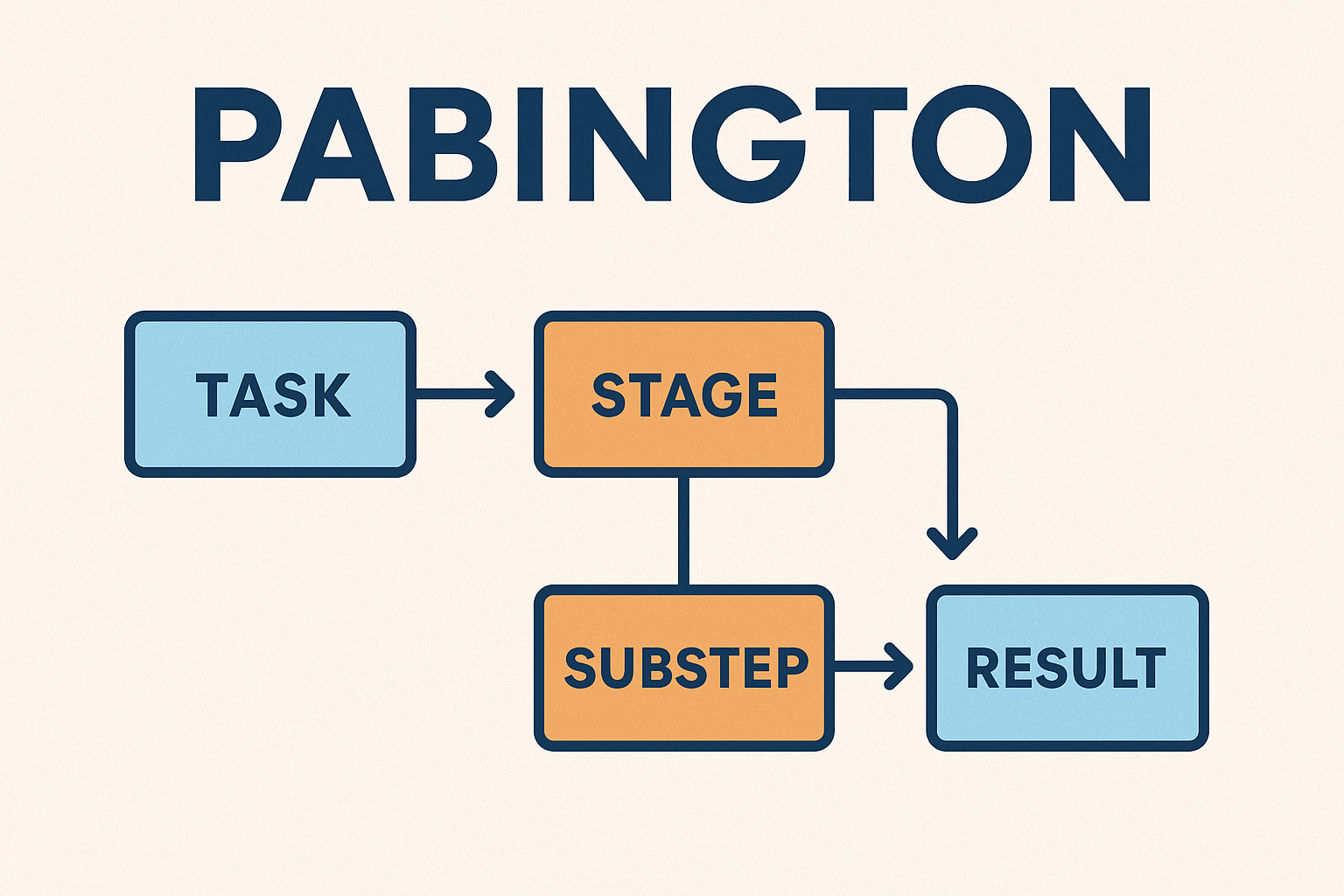Spongebob R34: Meaning, Risks, and Internet Culture Explained
The internet is full of memes, slang, and niche terms that often confuse new users. One such phrase that pops up frequently in online searches is “Spongebob R34.” At first glance, it might seem like a harmless curiosity about the beloved Nickelodeon cartoon. In reality, it ties into a much larger internet phenomenon that carries risks, misunderstandings, and cultural impact.
This article takes a people-first, educational approach to explain what this keyword means, why people search for it, what dangers are associated with it, and how to navigate such content responsibly. If you’ve come across this term, this guide will help you understand its context without promoting unsafe or harmful material.
What Does “Spongebob R34” Mean?
To understand this phrase, we first need to break it down:
- Spongebob: Refers to SpongeBob SquarePants, the globally popular animated TV show created by Stephen Hillenburg for Nickelodeon.
- Rule 34 (R34): An internet meme rule that states, “If it exists, there is adult content of it.” This originated on early internet forums as a satirical observation about the spread of explicit fan content.
When combined, “Spongebob R34” refers to explicit fan-made media based on the children’s show. While the phrase is widespread in memes and online humor, it also carries serious concerns, especially because SpongeBob is a children’s property.
Why Do People Search for This Term?
Search intent varies, but common reasons include:
- Curiosity – Many people hear the phrase in memes or social media jokes and Google it without knowing what it means.
- Meme Culture – Online communities often reference “Rule 34” humorously, leading to searches for specific characters or shows.
- Shock Value – Sometimes people share the keyword as a prank, knowing it will lead others to something unexpected.
- Pop Culture Research – Students, journalists, or researchers exploring internet subcultures may look into the term for academic or cultural reasons.
Importantly, not everyone searching is seeking explicit material. Many are simply trying to understand why the phrase exists at all.
The Risks and Concerns Behind Spongebob R34
While the keyword itself is not harmful, the content it points to can be. Some key concerns include:
- Exposure to Explicit Material: Users expecting memes may stumble upon adult content they did not want to see.
- Impact on Children and Teens: Since SpongeBob has a young fan base, kids who search the phrase may be exposed to harmful imagery.
- Ethical Questions: Many people view explicit fan content of children’s cartoons as deeply inappropriate.
- Legal Risks: Depending on the nature of the media, some versions may cross into illegal content.
Because of these risks, it is strongly advised to approach the topic from an educational perspective rather than seeking out the content directly.
Real-World Applications: Digital Literacy and Online Safety
The phrase “Spongebob R34” can be a teaching moment for parents, educators, and internet users. Here’s how:
- For Parents: Understanding this term helps in guiding children about safe internet use. Instead of panic, parents can use it to start conversations about online content and boundaries.
- For Educators: Teachers and librarians who discuss digital citizenship can use “Rule 34” as an example of how internet memes evolve and why media literacy is important.
- For Students and Researchers: The term offers insight into meme culture, the evolution of internet humor, and how taboo content circulates online.
By reframing the discussion, the phrase shifts from a potentially harmful keyword into a tool for awareness and education.
How to Stay Safe When Encountering R34 Content
If you or someone you know stumbles upon this type of content, here are some actionable steps:
- Understand Before Clicking – Recognize that any “R34” search will likely involve explicit material.
- Enable Safe Search Settings – Use Google SafeSearch or parental control filters to avoid unintentional exposure.
- Discuss Openly – Parents should create a safe space where children can ask about confusing terms without fear.
- Use Trusted Resources – When researching internet culture, stick to reliable websites, academic sources, and educational blogs.
Frequently Asked Questions (FAQ)
1. What is Rule 34 in simple terms?
Rule 34 is an old internet meme stating, “If it exists, there’s adult content of it.” It reflects how internet culture often exaggerates and parodies popular media.
2. Is Spongebob R34 illegal?
Not all Rule 34 content is illegal, but when it involves characters from children’s media, it can raise legal and ethical red flags. Avoiding such material is strongly recommended.
3. Why do people make R34 content?
It stems from fan creativity, internet humor, and shock value. However, not all audiences view it as acceptable, especially when involving kids’ shows.
4. Can kids accidentally find Spongebob R34?
Yes. If children search the term without knowing its meaning, they could be exposed to explicit media. This is why parental controls and digital literacy are important.
5. How should parents handle it if their child encounters this?
Stay calm, explain the context in age-appropriate language, and use it as an opportunity to talk about safe internet habits.
Conclusion
The phrase “Spongebob R34” reflects the strange mix of humor, taboo, and creativity that defines internet culture. While it began as part of meme history, it also brings serious concerns when tied to children’s media. By approaching the topic through education, awareness, and safe online practices, we can understand the cultural phenomenon without engaging with harmful material.






